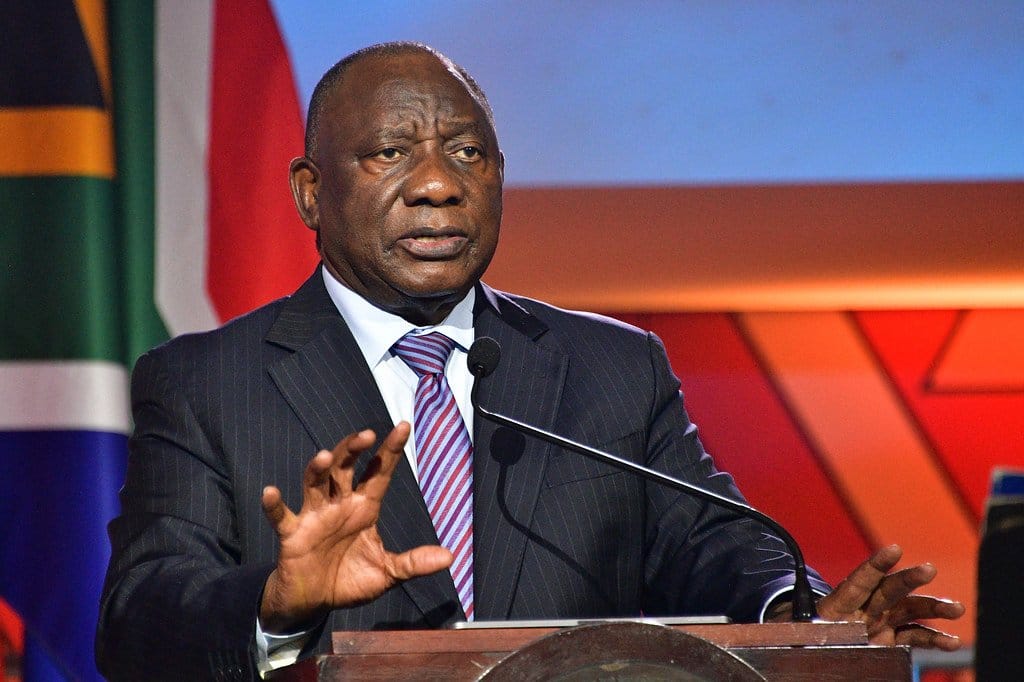African heads of state attending the UN General Assembly (UNGA) have called for stronger continental representation in global governance, including permanent seats on the UN Security Council and the full recognition of Palestine as a UN member state.
The annual gathering comes under the theme “Better Together: 80 Years and More for Peace, Development and Human Rights,” with African leaders stressing that the continent’s 1.5 billion people cannot remain on the margins of international decision-making.
Security Council Reform in Focus
South African President Cyril Ramaphosa said the Security Council’s current structure undermines its legitimacy, pointing to the dominance of the five permanent members – the US, UK, France, China and Russia.
“Five countries cannot continue making decisions for the vast majority of the world, particularly the Global South,” Ramaphosa argued. He added that the frequent use of veto powers has blocked meaningful action on crises, weakening the UN’s credibility.
The African Union (AU) has long demanded two permanent Security Council seats, but analysts say reform remains difficult because any change requires both a two-thirds majority in the General Assembly and ratification by the existing permanent members.
Palestine at the Heart of Debate
Alongside reform, African leaders renewed their call for Palestinian statehood. Ramaphosa reiterated South Africa’s position, advocating for a two-state solution based on 1967 borders with East Jerusalem as the capital of Palestine.
Other African officials drew parallels between Palestine’s plight and Africa’s own struggles against colonialism and foreign domination, stressing that the continent has historically recognized Palestine.
Security analyst Fidel Amakye Owusu noted that Africa’s voice adds moral weight to the push for Palestine’s upgrade from observer status to full UN membership. However, such a move would require agreement from all five permanent Security Council members – an unlikely outcome in the current geopolitical climate.
Limited Attention on African Conflicts
While the assembly debates global flashpoints such as Gaza and Ukraine, conflicts closer to home – including ongoing violence in the Sahel and eastern Democratic Republic of Congo – risk being overshadowed. Kinshasa has accused Rwanda-backed M23 rebels of occupying major towns, but African analysts warn these concerns are often sidelined in international discussions.
A Test of Influence
For African leaders, this year’s UNGA is both an opportunity and a test: to ensure the continent’s growing geopolitical significance translates into influence at the highest level of global governance. Whether through Security Council reform or recognition of Palestine, the message is clear – Africa wants a stronger voice in shaping the world order.



